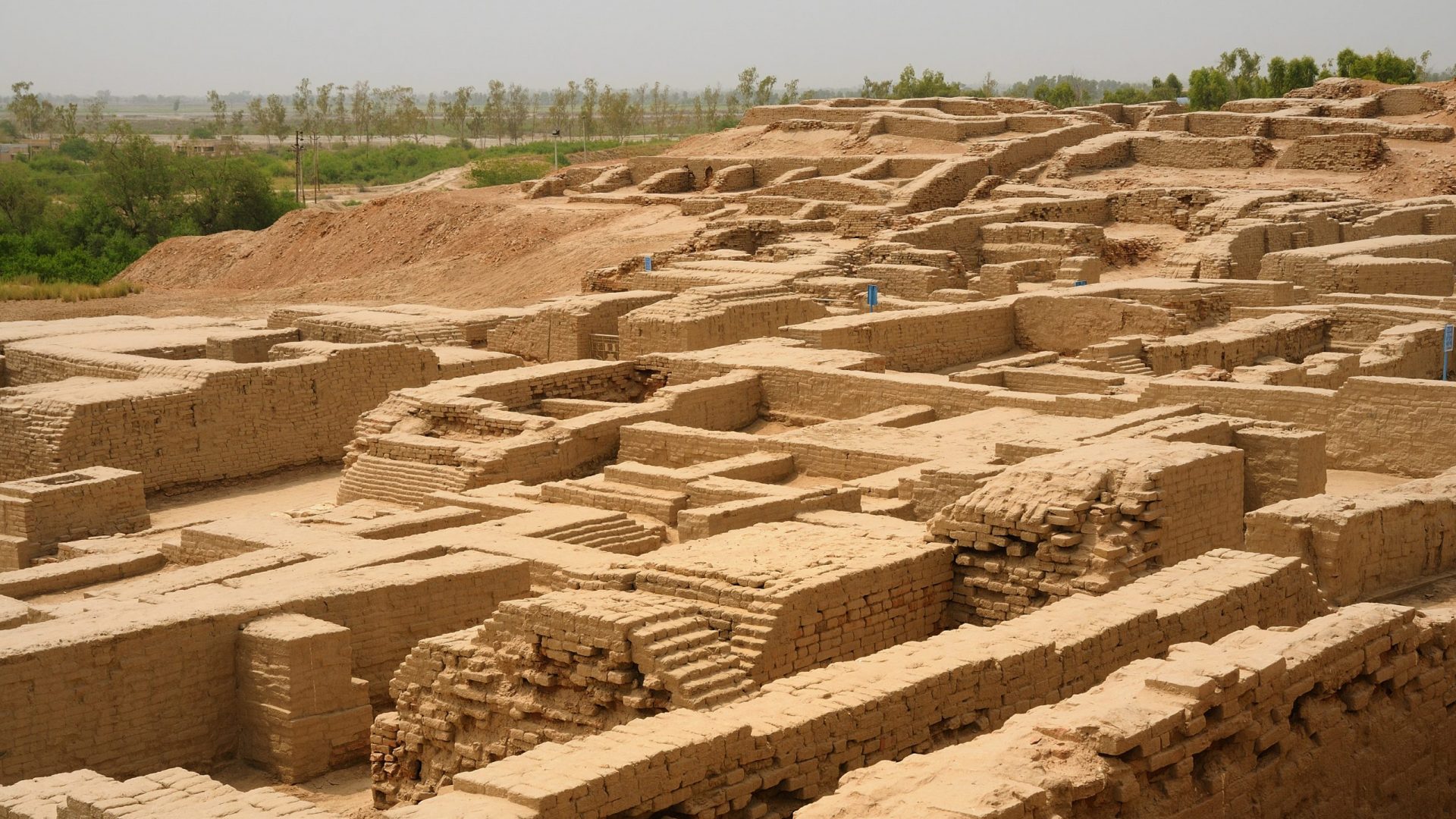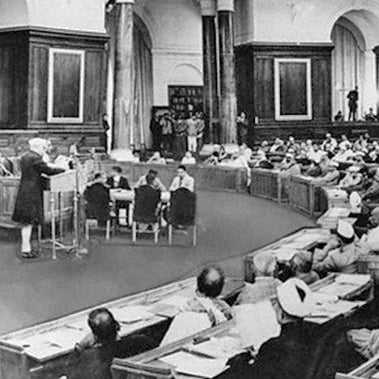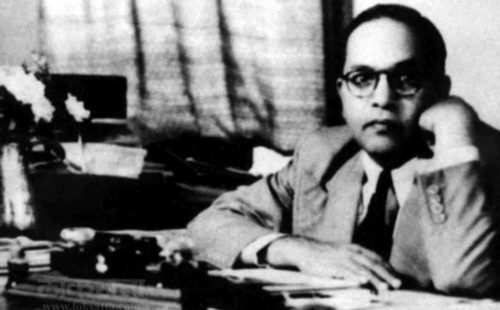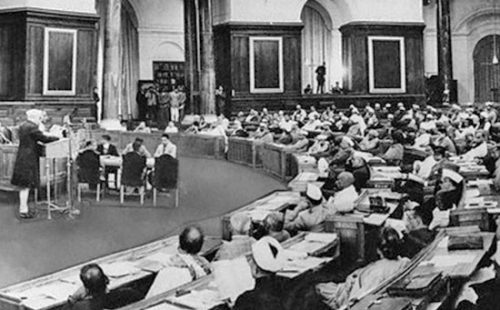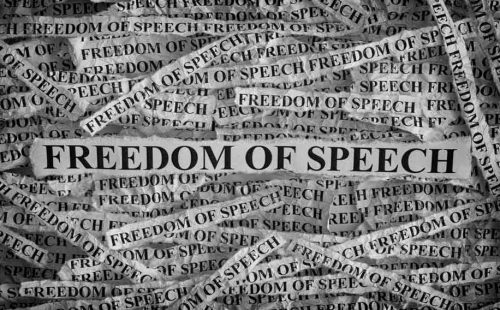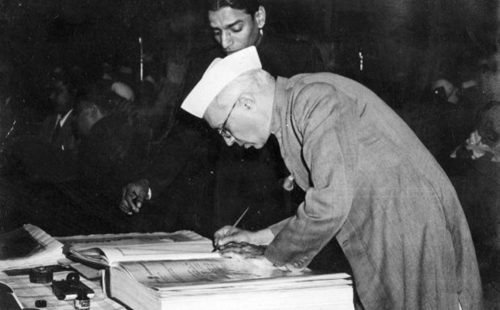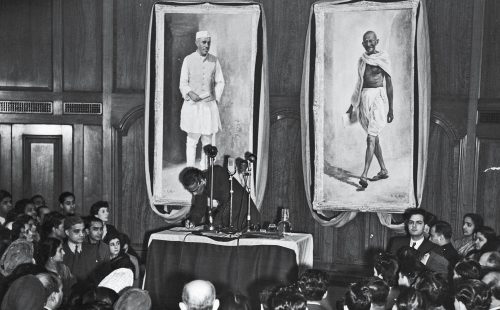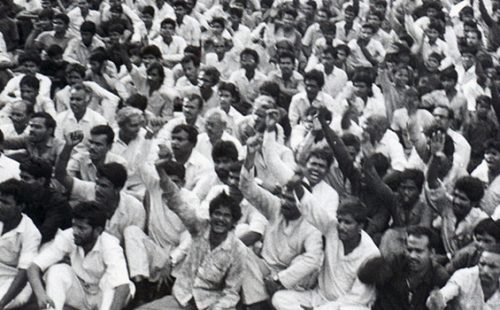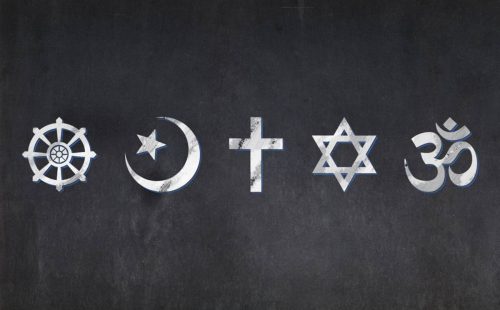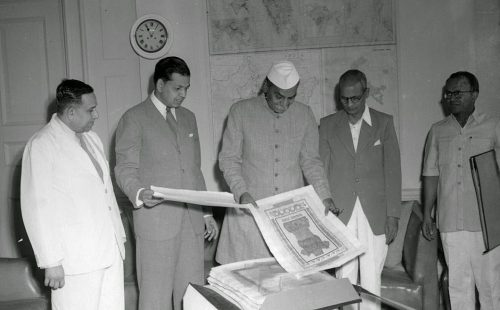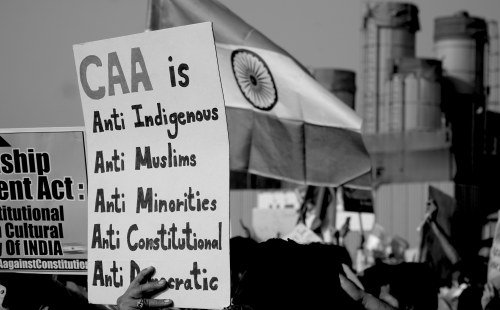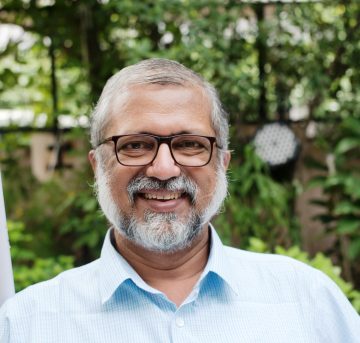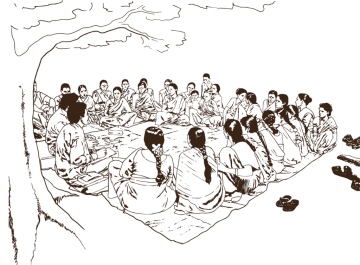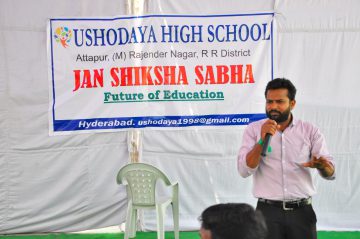What we do not know: A Series
Koodam welcomes you to join us in another journey over the next few weeks. Through a 5-part talk called ‘What we do not know’ with MV Bhaskar, we attempt to unravel several mysteries of our land’s history. What do we know and what do we not know about the Indus Valley Civilisation, and how does that influence our questions regarding our own history? From October 2nd, to November 20th, we will be live on our youtube channel, cutt.ly/koodam. As always, we are very excited to learn, discuss and reflect with you, and hope to expand our growing community of curious minds and active citizens.
About the Speaker:
MV Bhaskar trained for 12 years under Padmashri Iravatham Mahadevan to study ancient scripts. He’s the Founder-CEO of EnterPub Inc. If you want to get in touch with him by email, he can be reached on mvbhaskar@mac.com
About Bring Home the Constitution
With an aim to demystify the Indian Constitution, a few concerned collaborated with senior human rights activists and advocates. Dr. V. Suresh and D. Nagasaila to produce a lecture series.
The focus is to impart awareness of the history and origin of the constitution in 1949 against the backdrop of the blood bath following partition and the challenge of governing a mind boggling diversity of communities, castes, languages, regions and other differences, out of which cauldron our constitution framers in the Constituent Assembly decided to reject India becoming a religious theocratic state and instead decide on a secular, socialist republic.
What is Koodam?
The `Koodam’ (Tamil) is ‘gathering place’ where people met, discussed, debated, differed, fought and sought to reach consensus on collective issues. Though the literal meaning is ordinary, the cultural practice, (traced back to the Sangam period, 2500 years back) is profound. The `Koodam’ was a social organising principle, a space for dialogue, which recognised difference, respected diversity, accepted conflict and didn’t seek homogeneity. Every voice and view, especially those which differed, was treated with respect; the aim was to share wisdom, insights, values and ethics, without seeking unanimity. While consensus was ideal, realistically, considering diversity and difference, the attempt was to collectively agree to a common point to which all would agree, respect and comply with, voluntarily. All members of the community respected the dialogue spirit, abided by the cultural value of respecting dissenting views and invested in democratic ethos, on a daily basis. The koodam has variants all across Asia – from the `Sangha’ of Ashoka’s period to `Choupal’ (north India) and `kutumba’ in tribal Odisha. We aim to create modern day `koodam’s – both in real and virtual arena – as a collective space for dialogue: exploring differences, examining diversities, analysing conflicts, discovering commonalites – eventually strengthening democratic ethos and practices.
Centre for Law, Policy and Human Rights Studies
The Centre for Law, Policy and Human Rights Studies was formed in 2005 – 06. It was born out of a long felt need to create a space enabling open and critical, vibrant dialogues, debates and discussions amongst concerned citizens, academicians, policy makers, activists, politicians and other professionals on a wide variety of social, economic, political, legal, human rights and policy issues. The Centre was formed during a a period marked by a severe crisis of challenge to the notions of equity, social justice, development and sustainability, not just in India but also globally.
The Centre was born out of a desire to create a virtual space which would contribute to building solidarity amongst scores of concerned professionals and citizens from across different regions and help to gain emotional and intellectual sustenance from each other’s attempts at creating a more just, humane, equitable and sustainable world around us.
The Koodam Experience
The word reforms with respect to Government functioning is almost always understood only in its economic context as disinvestment and privatization. Very rarely it is understood as the reform of the functioning of the individuals within the government and a change in the form and style of governance. It is taken for granted that such a mission is impossible. This film is about a group of engineers working in the water sector in Tamilnadu who are engaged in such a mission. The film traces their journey to 2003; how it started in the The Tamilnadu Water Supply and Drainage Board (TWAD) and showcases exemplary stories of individual transformation leading to institutional transformation. The narration is from the point of view of an engineer from the Agricultural Engineering Department (AED) undergoing training by a couple of TWAD engineers who share their experience with unbelievable passion.
Read
One for the people
The 10-lecture series commenced on May 6 and is held on Wednesdays and Saturdays on their YouTube channel called Koodam and Zoom, details of which are posted on social media. BENGALURU: With an aim to impart an in-depth understanding of the […]
‘Koodam’ – Breaking Hierarchy, Building Democracy!
Hierarchy and bureaucracy are two of the most common features of governance systems that play a determining role in shaping the organizational culture, systemic response and human relations that prevail in government institutions. The more rigid and formal the hierarchy, […]
My Experiment with Koodam: Abhijit Biswas and the Democracy Project in Hyderabad Schools
Abhijit Biswas is one of the participants of the Governance Reform course we run with TISS where has highly impacted by the creative possibilities offered by the “Koodam” idea to creatively energise the community of teachers, parents and school students […]
